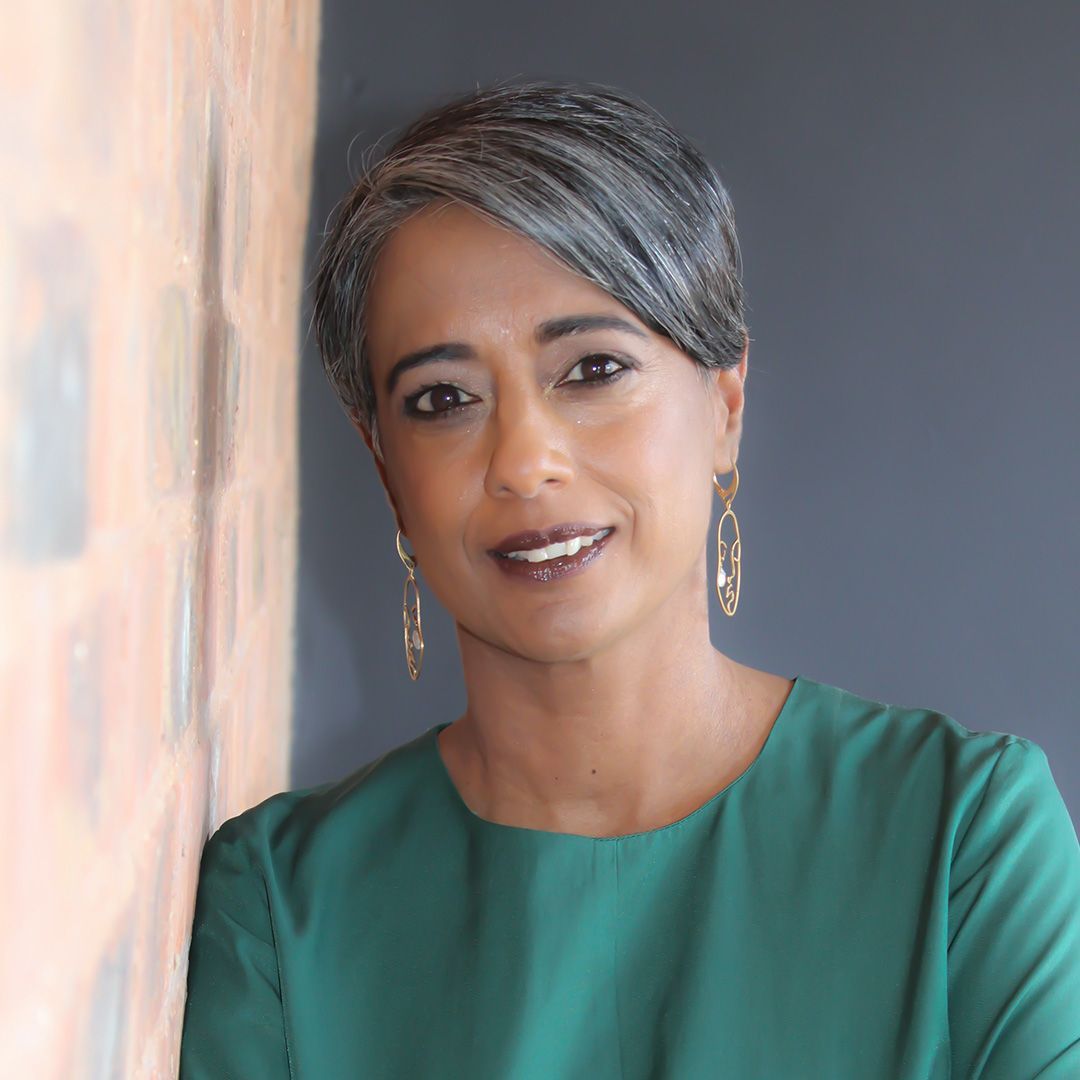Early detection of colorectal cancer saves lives
Screening and awareness: The key to a 90% survival rate
Colorectal cancer, one of the most prevalent yet preventable cancers, can develop in the colon or rectum, often starting as small polyps that can quietly become malignant if left unchecked.
Dr Mpho Ramabulana, a colorectal surgeon and gastroenterologist at Netcare Akasia Hospital, underscores the life-saving power of vigilance and the importance of early detection, noting, "We've observed a 90% survival rate in people who are diagnosed at an early stage, highlighting the immense potential of regular screenings to turn the tide in this battle.”
Understanding the disease
- Rising incidence in younger populations: Traditionally affecting older adults, colorectal cancer is now increasingly diagnosed in younger individuals. "This shift necessitates heightened awareness and vigilance in monitoring symptoms," says Dr Ramabulana.
- Diverse risk factors:
Sporadic cancers, linked to lifestyle choices, form 60% of cases, while familial and genetic predispositions account for the rest. "Modifiable risk factors like obesity and type 2 diabetes play a significant role," he adds.

Dr Mpho Ramabulana, colorectal surgeon and gastroenterologist.
Warning signs that you could be at risk
- Changes in bowel habits (constipation or diarrhoea)
- Unexplained weight loss
- Persistent abdominal pain
- Anaemia with unknown cause
Chronic inflammatory conditions
“Unfortunately, patients with chronic inflammation of the gut and conditions like ulcerative colitis and Crohn’s disease face increased risks for colorectal cancer. Regular screenings are, therefore, essential for those with a long history of such conditions,” Dr Ramabulana reiterates.
I need a colonoscopy – what now?
A colonoscopy is a vital tool for early detection. "This minor day procedure is performed while the person is under sedation, and the benefits far outweigh the minimal risks," assures Dr Ramabulana, adding that limited access to alternative tests in South Africa, such as the faecal immunochemical (FIT) test, makes colonoscopy a critical screening method.
How a colonoscopy is performed:
Dr Ramabulana highlights the importance of understanding the colonoscopy process, stating, "A colonoscopy is a crucial tool for early detection of colorectal cancer. It is therefore essential for patients to know what to expect and how to prepare for this procedure to ensure the best outcomes."
- Sedation: Before the procedure, you'll receive sedation to help you relax and minimise any discomfort. This means you will be drowsy and may not remember much of the procedure.
- Insertion of the colonoscope: The doctor will gently insert a colonoscope into your rectum. A colonoscope is a thin, flexible tube with a tiny camera at the end.
- Examination: As the doctor slowly guides the colonoscope through your colon, they can view the inside of your colon on a monitor. This allows them to look for abnormalities like polyps or growths.
- Polyp removal: If the doctor finds any polyps, they can remove them during the procedure using special small instruments through the colonoscope.
- Completion: Once the examination is complete, the colonoscope is carefully withdrawn. The whole process usually takes about 30 minutes to an hour.
Preparing for a colonoscopy
- Dietary restrictions: A few days before the procedure, you will need to follow a special diet. This usually involves avoiding solid foods and consuming only clear liquids, like water, broth and clear juices, the day before the procedure.
- Bowel preparation: The day before the colonoscopy, you will be given a laxative solution to drink. This helps clear your bowels so the doctor can see clearly during the procedure.
- Adjusting medications: Your doctor may ask you to stop or change certain medications before the procedure, especially if they affect blood clotting or your digestive system.
- Arranging transportation: Since you will be sedated, you will need someone to drive you home afterwards, as it would be unsafe to drive yourself.
Following these preparation steps carefully is crucial for a successful colonoscopy, as it ensures the doctor has a clear view of your colon.
Innovative screening techniques:
Advancements such as virtual colonoscopy offer a less invasive option. "Though promising, any abnormalities found still require confirmation through a traditional colonoscopy," says Dr Ramabulana.
Prevention through lifestyle:
- Avoid red meat and low-fibre diets
- Embrace a high-fibre diet that is rich in fruits and vegetables
- Avoid alcohol and smoking
- Stay physically active to prevent obesity
“By raising awareness and focusing on early detection, individuals can take proactive steps to prevent and combat colorectal cancer effectively. Informed choices and timely medical intervention can dramatically improve outcomes. Armed with knowledge and awareness, you hold the power to not only reduce the risks but also change the course of this preventable disease,” concludes Dr Ramabulana.













